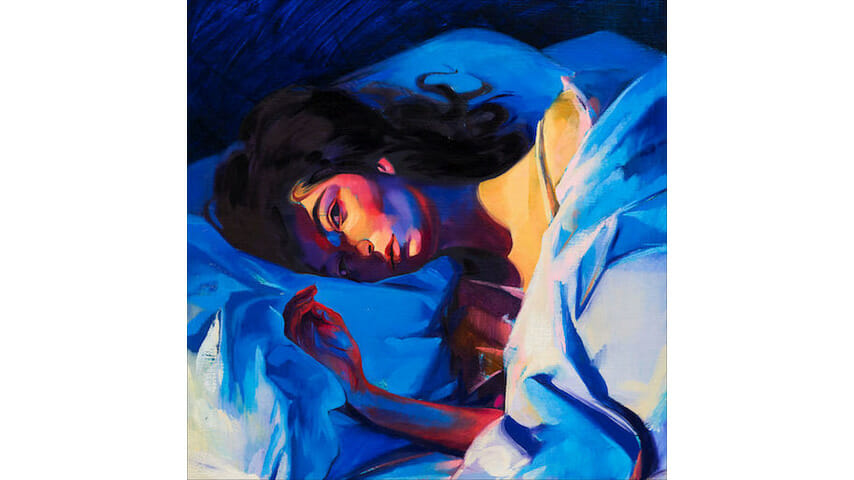Lorde: Melodrama

On Melodrama, Lorde’s glittering electropop triumph, the New Zealand singer-songwriter finds herself immersed in exhilarating, champagne-soaked parties and soul-crushing one-night stands, and witnessing the inevitable disintegration of her youth. Her continued fascinations with the highlife, royalty and growing old that formed the core of her debut album—2013’s Pure Heroine—are still present but she now possesses a deeper layer of self-identification and a startling vulnerability.
The percussive buildup and splashdown on the post-disco opener, “Green Light,” sets a happy/bitter tone: her breakup has left a scar that she’s happy to show off. The rapidly reverberating percussion of “Homemade Dynamite” brings an absolutely liberating chorus, but the glut of lyrics on the tamer “The Louvre” doesn’t quite let the song’s “broadcast the boom” anthem stand out. She continues to detail her failed relationship on the tender piano ballad “Liability” while acknowledging her shelf life as a musician is extremely perishable, and the buoyant “Supercut,” with its fusion of ‘80s pop with an electro-house beat, echoes Pure Heroine’s brazen drive.
-

-

-

-

-

-

-

-

-

-

-

-

-

-

-

-

-

-

-

-

-

-

-

-

-

-

-

-

-

-

-

-

-

-

-

-

-

-

-

-








































